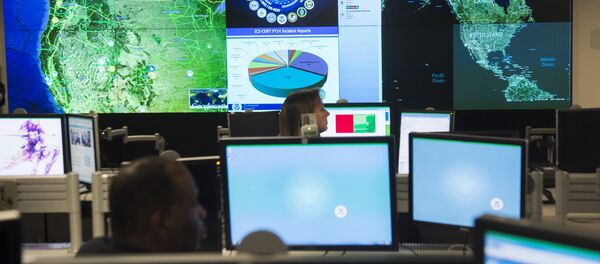Trump later appeared to back away from the idea of cooperating with Russia on cybersecurity, saying in a Twitter post that the fact that he discussed a cybersecurity unit with Putin does not mean he thinks it can happen.
"Different proposals are being exchanged and are being studied, nobody is avoiding the need for negotiations and contacts," Krutskikh, who is also an Ambassador at Large of the Russian Foreign Ministry, said when asked whether the discussions on the issue were underway.
"There is no need to overdramatize the working process, it is underway without doubts, it is difficult taking into account the US realities, but this is more of the issue of the US administration, not ours."
"A week before the actual elections, the US finally found a way to ask us [via diplomatic channels] a question about hackers. A preliminary answer has been given to them the next day," Krutskikh said.
He said Moscow had provided a "detailed answer" to Washington by January, before the inauguration of Donald Trump with Barack Obama still at the helm.
"And that is all. They fell silent," Krutskikh underscored.



